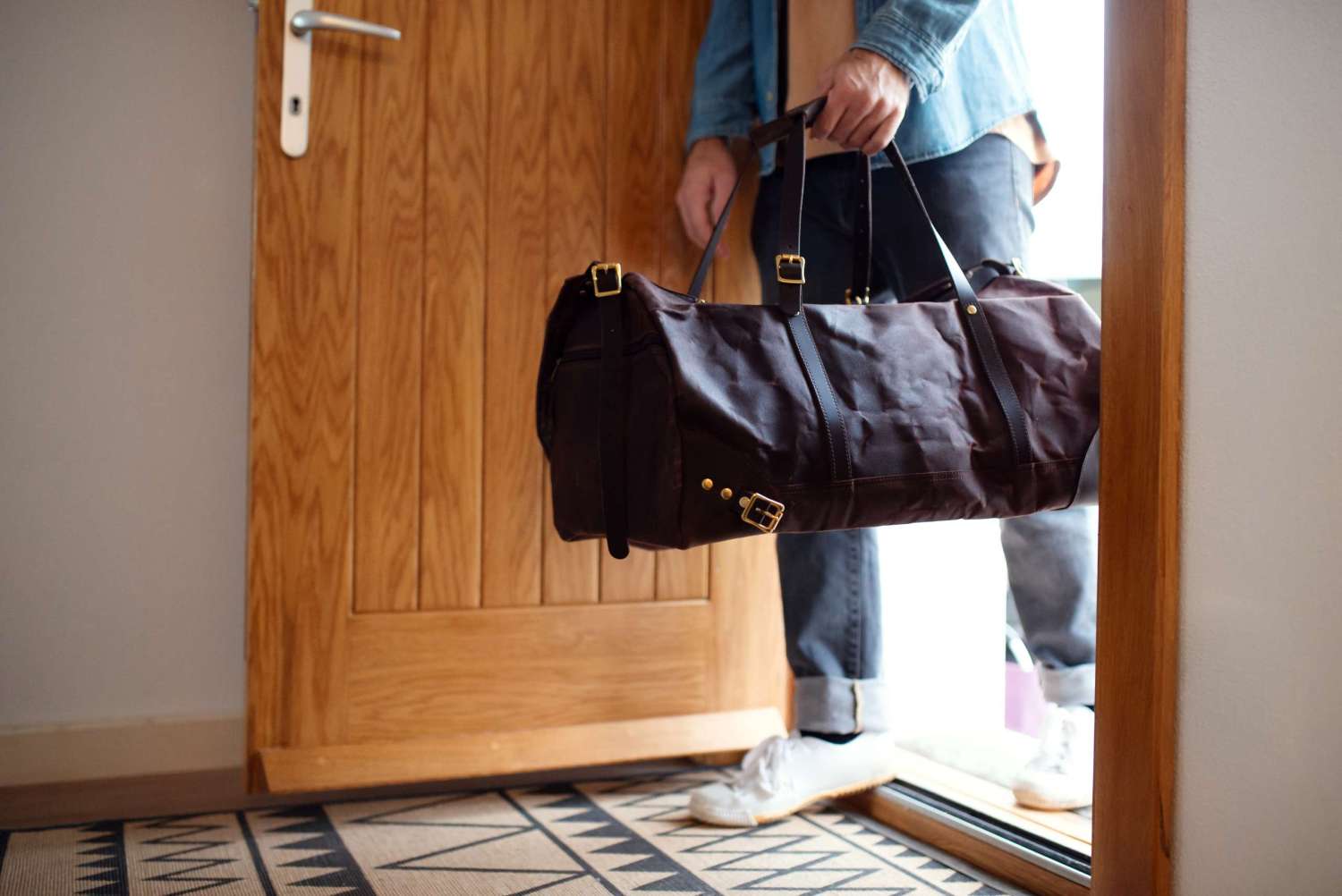Coming home from prison is one of the most exciting and challenging moments in the life of a returning citizen. From overcoming social stigmas and barriers, to putting in the hard work of creating a new family legacy, it can be a challenge. Helping your partner create a re-entry plan can be one of the best ways to support your loved one as they leave the four walls of incarceration and coming home. Whether they’re returning from prison, rehabilitation, deployment, or any other significant absence, here are some steps you can take to assist them:
- Open Communication: Begin by discussing their feelings, concerns, and goals regarding their return. Encourage them to express any anxieties or uncertainties they may have about re-entering their usual routine.
- Identify Needs: Assess what your partner might need upon their return. This could include emotional support, practical assistance with tasks, or simply someone to listen to them.

- Set Goals: Work together to establish realistic short-term and long-term goals for their re-entry. These goals could relate to various aspects of life such as work, relationships, health, or hobbies.
- Create a Schedule: Develop a schedule or plan outlining the steps they need to take upon their return. This might include tasks like unpacking, catching up on work or household responsibilities, reconnecting with friends and family, and resuming hobbies or activities they enjoy.
- Address Practical Matters: Help your partner address any practical matters that need attention before or immediately after their return. This could include arranging transportation, organizing their living space, restocking groceries, or scheduling appointments.
- Provide Emotional Support: Be available to offer emotional support as your partner readjusts to their surroundings. Listen actively, validate their feelings, and offer encouragement when needed.
- Encourage Self-Care: Remind your partner to prioritize self-care during the re-entry process. Encourage them to engage in activities that help reduce stress and promote well-being, such as exercise, meditation, or spending time outdoors.
- Stay Flexible: Understand that the re-entry process may not always go as planned. Be prepared to adapt to unexpected challenges or changes in circumstances, and offer flexibility and understanding as needed.
- Celebrate Achievements: Acknowledge and celebrate your partner’s achievements as they progress through their re-entry plan. Recognize their efforts and milestones, no matter how small, to help boost their confidence and motivation.
- Seek Professional Help if Needed: If your partner is struggling with significant challenges or emotional difficulties during the re-entry process, encourage them to seek professional help from a therapist, counselor, or other relevant support services.
By actively participating in the creation and implementation of a re-entry plan, you can demonstrate your support for your partner and help them navigate the transition smoothly.

